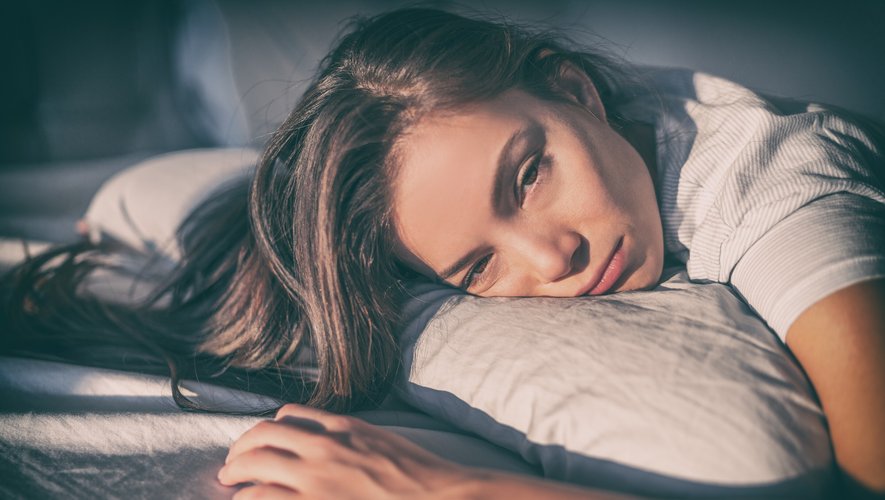(ETX Daily Up) – We already know the impact of junk food on cardiovascular health, diabetes, or even the skin, but it is also harmful for sleep. This is revealed by a new study conducted by researchers based in Sweden, suggesting that the quality of deep slow-wave sleep, considered the most restorative, could be disturbed after the consumption of unhealthy foods. Explanations.
This is not the first time that scientists have looked into the impact of diet on sleep disorders – for example, it has been shown that a diet high in sugar can influence the quality of sleep. – but little research has looked at how this or that diet acts directly on this essential moment of recovery. In any case, this is what researchers from the University of Uppsala wanted to determine. “Poor diet and insufficient sleep increase the risk of several public health problems. As our diet is very important to our health, we thought it would be interesting to study if some of the effects of different diets on health could involve changes in our sleep,” says Jonathan Cedernaes, a physician and associate professor of cell biology at the Swedish university.
An impact on the restorative properties of sleep
To carry out their work, the researchers put the participants on a healthy, then less healthy diet in random order. If the two diets were made up of the same number of calories, one contained a higher amount of saturated fat, processed foods, and sugar, in other words junk food, while the other consisted mainly of foods considered healthy. Each of the diets was followed for a week with monitoring of sleep, activity and meal times, which was carried out individually. Ultimately, the participants were monitored in a sleep laboratory at the end of each diet, in order to measure their brain activity, according to several phases: a normal night, in a state of wakefulness, then in ‘catch-up’ sleep mode. lost.
Published in the journal Obesity, their work reveals that junk food did not necessarily impact the duration of sleep – the participants having slept the same number of hours independently of the diet followed – nor the times spent in the different stages of sleep, but it has played a role in the quality of deep sleep, and therefore in its restorative properties. “We examined slow wave activity, a measure that may reflect the restorative nature of deep sleep. Intriguingly, we found that deep sleep exhibited less slow wave activity when participants consumed junk food, compared to eating healthier foods,” Professor Cedernaes said in a statement. In other words deep sleep was not, or much less in any case.
Limits not to be overlooked
At the end of their research, the scientists point out, however, that they have not been able to determine the impact of junk food on long-term sleep. It should also be noted that this study only included fifteen people, a very small sample due to the need to monitor it for several days in a sleep laboratory. The researchers say more work is now needed to learn more, if not have more details, about the role unhealthy diets play on other sleep-related functions. “It would be interesting to perform functional tests, for example to see if memory function may be affected. This is regulated to a large extent by sleep. It would also be interesting to understand the duration of the observed effects”, stresses Professor Cedernaes.
Finally, scientists will also look at the substance implicated in the disruption of sleep, namely sugar, saturated fats, processed foods, or even all of them. A point that they will dig into during further research.

